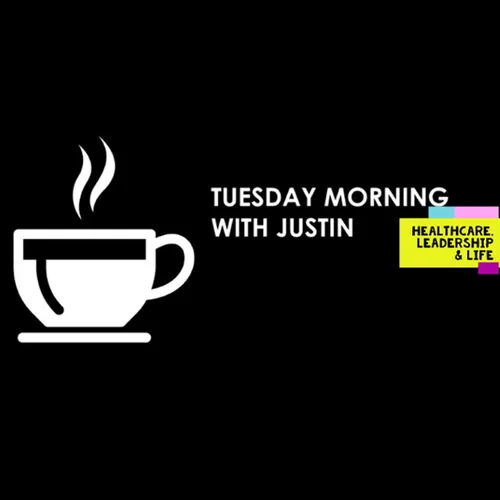JP Morgan's Fiduciary Failure
- Author
- Justin Futrell
- Published
- Wed 30 Apr 2025
- Episode Link
- None
JP Morgan Chase faces a lawsuit from an employee claiming the company failed its fiduciary duty by maintaining a pharmacy benefit manager relationship that forces employees to pay inflated prices for medications. The case highlights how PBMs can create massive price disparities, with one medication costing $8,000 through the plan versus just $30 at retail pharmacies.
• Employees diagnosed with conditions requiring expensive medications are being harmed by non-transparent PBM relationships
• The medical process follows SOAP (Subjective, Objective, Assessment, Plan) but breaks down at the pharmacy level
• Price differences can be extreme - up to 200 times higher through certain PBMs
• Three major players dominate the PBM market: CVS Caremark, OptumRx, and Express Scripts
• Companies with over 100 employees should work with transparent, pass-through PBMs
• Health plan fiduciaries (typically CFOs and HR directors) are ultimately responsible for PBM selection
• Similar lawsuits have affected other major companies like Johnson & Johnson
If you're concerned about your health plan's pharmacy benefits, consult with a knowledgeable benefit advisor, such as myself, who can provide objective analysis of your current arrangements.
Music by Alex Lambert.
Contact Justin via text 740-525-5259 or via email [email protected]
I welcome the opportunity to hear your feedback from this episode!
Thanks again to my musically gifted friend Alex Lambert for the music. Also thanks to Kevin Asehan for the edits.
